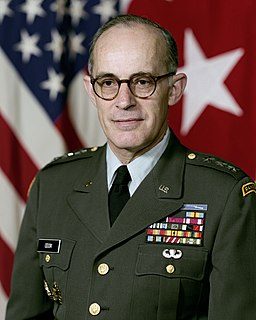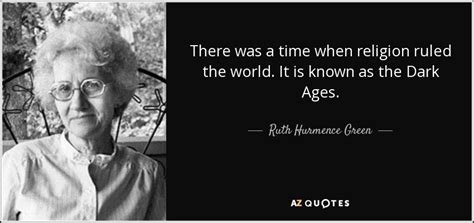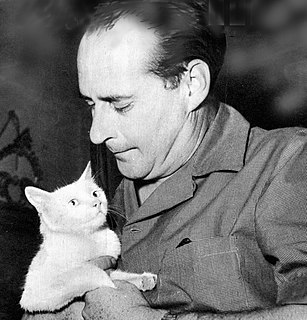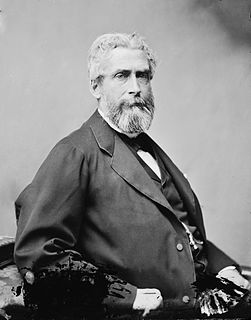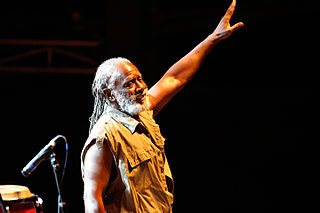A Quote by Edward Gibbon
At the hour of midnight the Salerian gate was silently opened, and the inhabitants were awakened by the tremendous sound of the Gothic trumpet. Eleven hundred and sixty-three years after the foundation of Rome, the Imperial city, which had subdued and civilised so considerable a part of mankind, was delivered to the licentious fury of the tribes of Germany and Scythia.
Related Quotes
In the second century of the Christian era, the Empire of Rome comprehended the fairest part of the earth, and the most civilised portion of mankind. The frontiers of that extensive monarchy were guarded by ancient renown and disciplined valour. The gentle but powerful influence of laws and manners had gradually cemented the union of the provinces. Their peaceful inhabitants enjoyed and abused the advantages of wealth and luxury.
One year Halloween came on October 24, three hours after midnight. At that time, James Nightshade of 97 Oak Street was thirteen years, eleven months, twenty-three days old. Next door, William Halloway was thirteen years, eleven months, and twenty-four days old. Both touched toward fourteen; it almost trembled in their hands. And that was the October week when they grew up overnight, and were never so young any more.
The Doxology ... that testimonial to the Platonic Trinity, which divided the Roman Empire into at least eighteen quarreling sects, none of whom knew what they were fighting about, and which schisms contributed to the decline and fall of this greatest of states. Rome had thrived for one thousand years with pagan gods at the helm and expired after only one hundred and fifty years under the Christian banner.
Ever since ROME, OPEN CITY, I have maintained a conscious, determined endeavor to try to understand the world in which I live, in a spirit of humility and respect for the facts and for history. What as the meaning of ROME, OPEN CITY? We were emerging from the tragedy of the war. We had all taken part in it, for we were all its victims. I sought only to picture the essence of things. I had absolutely no interest in telling a romanticized tale along the usual lives of film drama. The actual facts were each more dramatic than any screen cliche.
The discussion which was made by Luther, Melancthon, and the other persons who preceded the Reformation, opened the eyes or the public; and they got rid of the delusions which had been spread by the Pope of Rome, and emancipated mankind from the spiritual tyranny they were under, and brought about the establishment of that religion which we now enjoy in this country.
Having a band was part of my heart's desire, musically. Within myself, I was saying that, 'Not until you have a band for yourself can you maintain the standard of your songs,' and the sound become a foundation. You don't have to feel around for two or three weeks for the sound because the foundation is already built.
During the fiscal year ending in 1861, expenses of the federal government had been $67 million. After the first year of armed conflict they were $475 million and, by 1865, had risen to one billion, three-hundred million dollars. On the income side of the ledger, taxes covered only about eleven per cent of that figure. By the end of the war, the deficit had risen to $2.61 billion. That money had to come from somewhere.
There were three classes of inhabitants who either frequent or inhabit the country which we had now entered: first, the loggers, who, for a part of the year, the winter and spring, are far the most numerous, but in the summer, except for a few explorers for timber, completely desert it; second, the few settlers I have named, the only permanent inhabitants, who live on the verge of it, and help raise supplies for the former; third, the hunters, mostly Indians, who range over it in their season.

